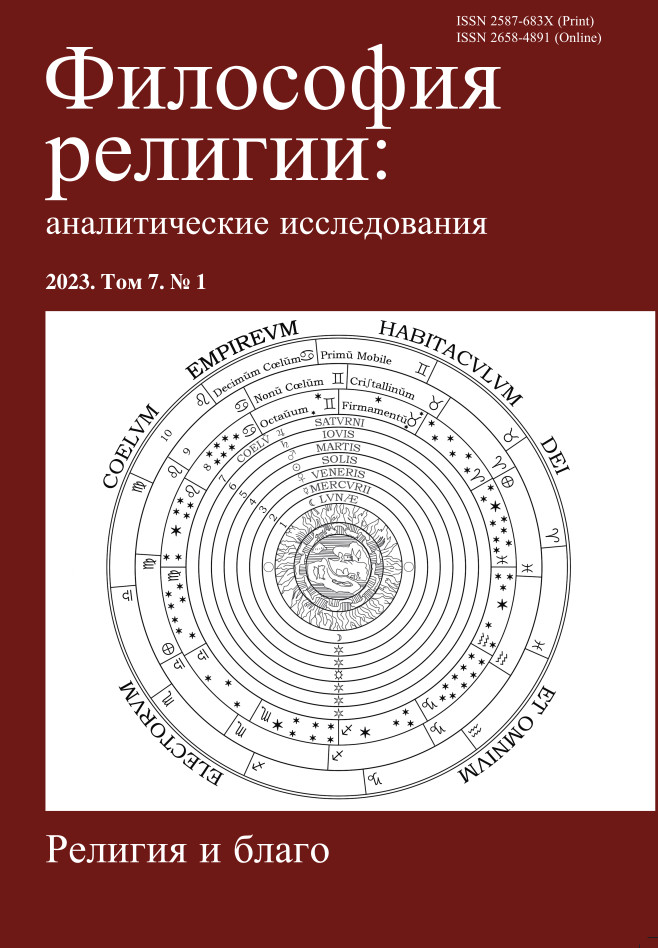Kant’s Ethicotheology and His Concept of the Highest Good
DOI:
https://doi.org/10.21146/2587-683X-2023-7-1-99-120Keywords:
theology, ethicotheology, speculative theology, existence of God, God, immortality, the highest good, postulateAbstract
The article concerns key aspects of Kant's views on theology, namely the possibility of theology as a science, the degree of certainty in knowledge achievable for it, the features of its subject, method and structure. The article shows that this problematic was of interest to Kant even in the pre-critical period, later, already in the critical period, this problematic was systematically developed. The author of the article examines the similarities and differences in the approach to theology (and, above all, to the proofs of the existence of God) between the writings of the critical and pre-critical periods. Ethicotheology is at the center of consideration. It is shown that it is ethicotheology that in the critical period is called upon to play the role of the foundation of all theological constructions. It is established that ethicotheology has two main tasks – to verify the existence of God and to deduce his inalienable attributes. Both of these tasks could be realized solely through the practical application of reason. The only one method used by ethicotheology is the method of postulation. The basis for postulating the existence of God and his moral attributes is the concept of the highest good, for the assumption of the realizability of which it becomes necessary to assume the existence of such a moral essence as God. At the same time, it is shown that for all its dominant significance, it is not considered even in the critical period (contrary to the idea of many historians of philosophy) the only way of knowing God.

 This work is licensed under a
This work is licensed under a 
